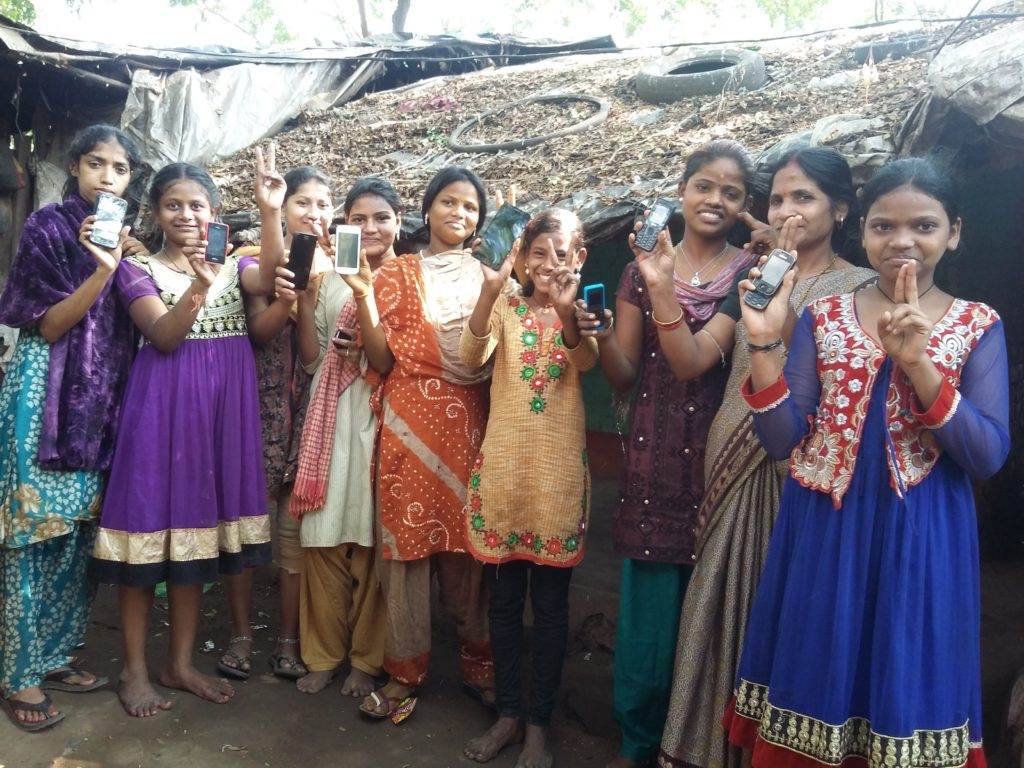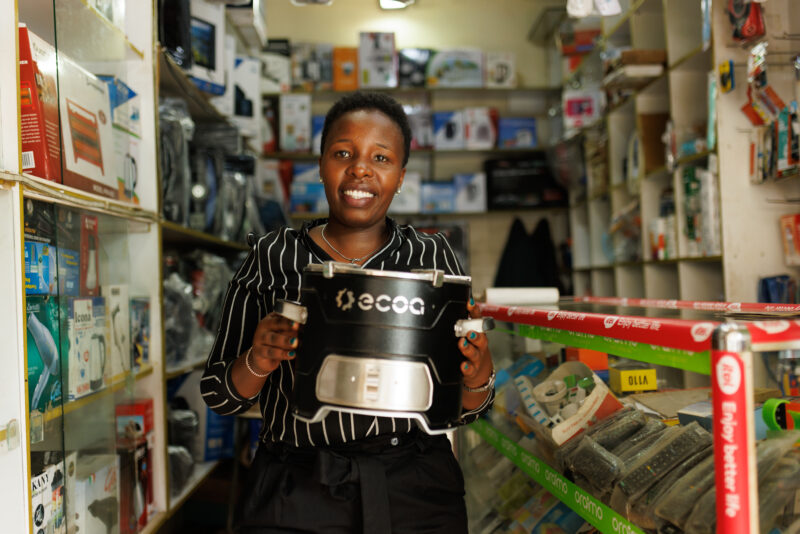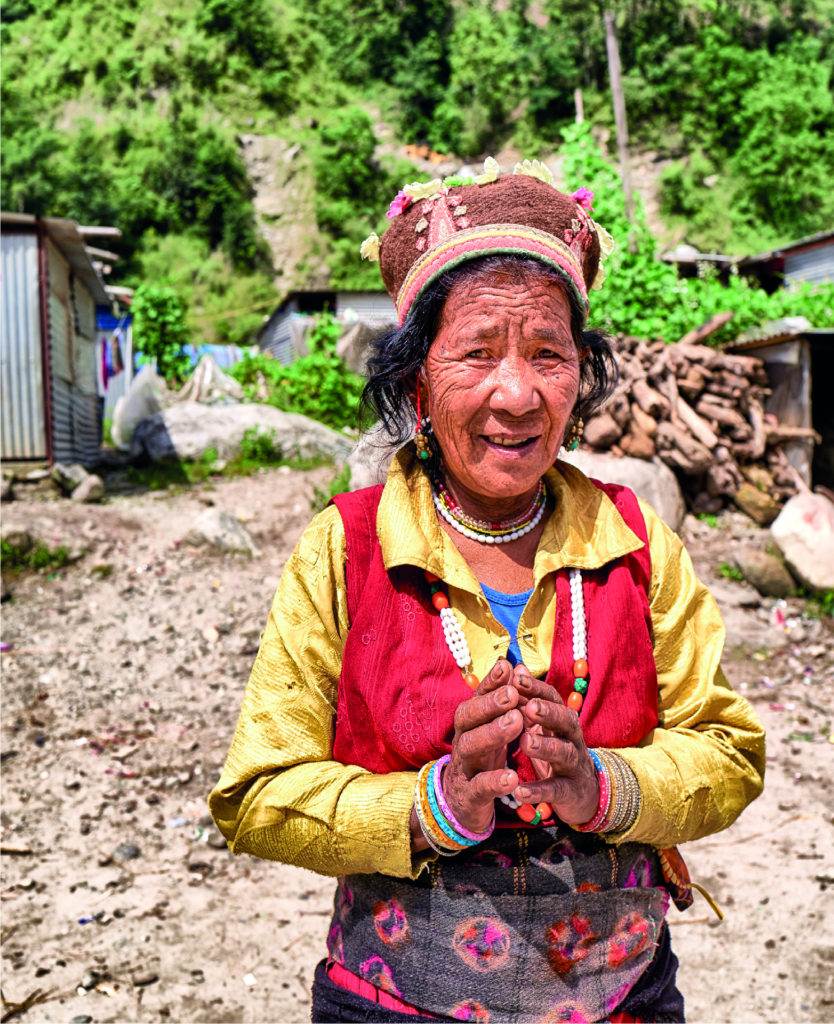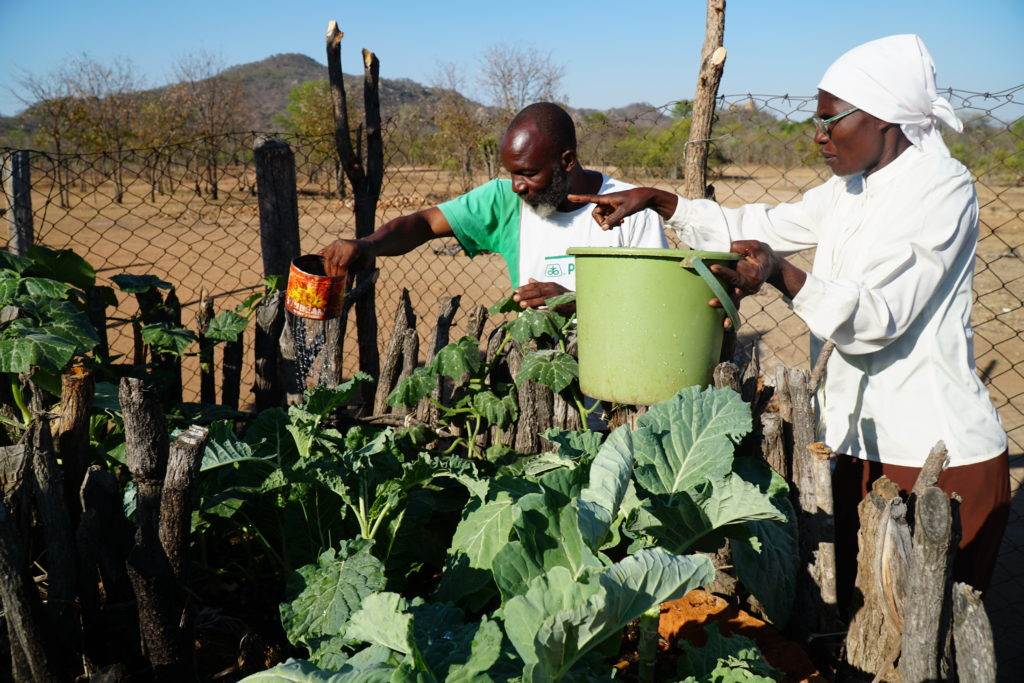
Gender transformative change
Our expertise and experience
At Practical Action, we believe that gender transformative change is fundamental to creating a world that works better for everyone. Everyone benefits when women and men enjoy equal opportunities to work, to participate in decision-making, to lead and to thrive.
However, gender inequality remains widespread and deep rooted. At current rates, it will take over 200 years to close the gender gap in economic opportunity.
On average, women spend about 2.5 times as many hours on unpaid domestic and care work as men. One in three women have been subjected to physical or sexual violence. And most recently, the brunt of the Covid-19 pandemic has fallen disproportionally on women, with unemployment rising for women during 2019 by 19 million, and 47 million women plunged into extreme poverty.
Gender and other social inequalities are fundamental drivers of poverty all over the world.
This has to change.
We believe that everyone should have the opportunity, resources and support to achieve their potential. Gender equality is development. That’s why we champion the advancement of gender equality and women’s empowerment across all of our work.
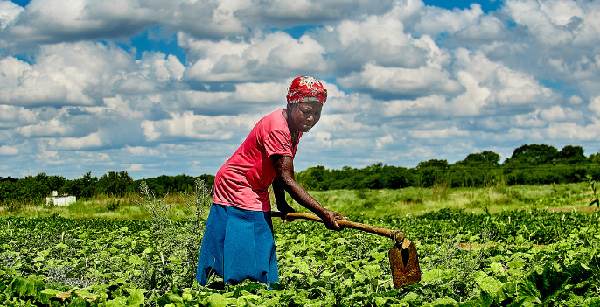
Agriculture
Nearly half the world’s farmers are women. Women play a vital role in ensuring food security and nutrition in most communities. Yet women face persistent inequalities in access to and control of productive resources such as land, inputs, services, finance, market information and technologies.
Evidence shows that removing gender-related barriers in agriculture and business could substantively promote growth, accelerate poverty reduction, and catalyse food security.
Energy access
Almost three billion people can’t cook cleanly and one billion don’t have access to electricity. Indoor air pollution is the second biggest cause of women’s deaths after childbirth. Women spend many hours collecting fuel and have to carry heavy loads for long distances, often at considerable risk to their safety.
As key energy users in all contexts, women can shape energy policy and deliver energy services more effectively and efficiently than current centralised and male-dominated models.
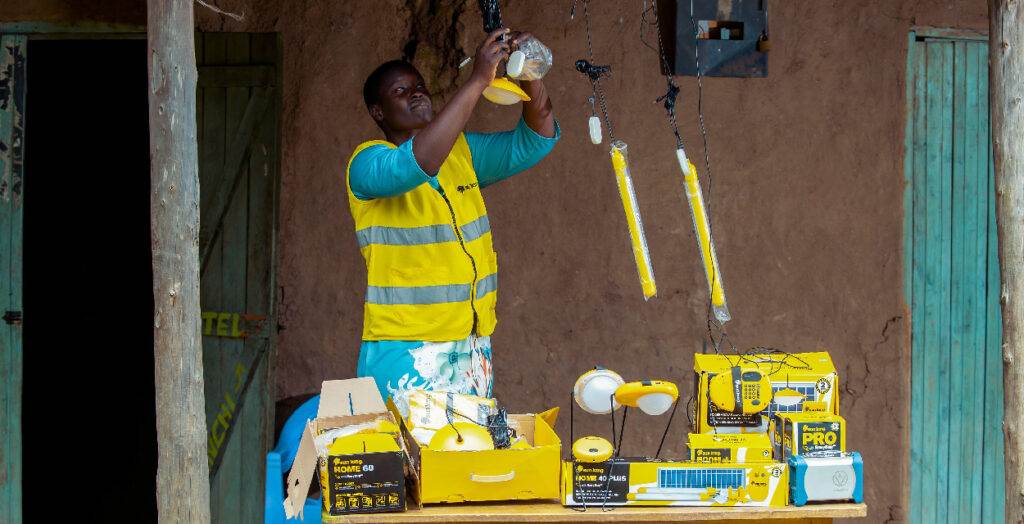
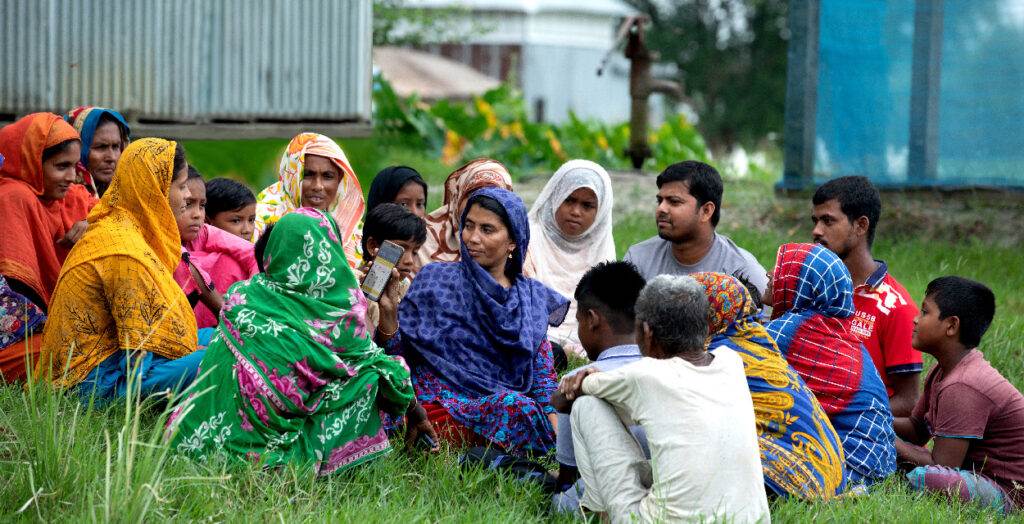
Climate resilience
Inequalities across age, disability, socio-economic status and gender exacerbate disaster risks. Women often have less access to assets and limited decision-making power. Barriers to information can mean women struggle to access warning information or lack awareness of how best to respond. In many contexts, women are left behind to help children and the elderly to safety, but are all too often overlooked in rescue volunteer groups and training.
Despite all the barriers they face, time and again women demonstrate they have the ideas, courage and energy to take action and lead during disaster preparedness and response.
Cities, WASH and waste
The needs of women and children in water, sanitation and waste management are often overlooked. Inadequate services create unsanitary conditions, leading to infectious disease, worsening reproductive health, and higher maternal and infant mortality. Women and girls are disproportionately burdened with domestic tasks like water collection, often at the expense of paid work and education, and increasing exposure to risks of injury and, in some contexts, sexual violence.
Inclusive waste management and sanitation ensures all needs are met, opens new economic opportunities for women, and creates safer urban environments and better health outcomes for all.
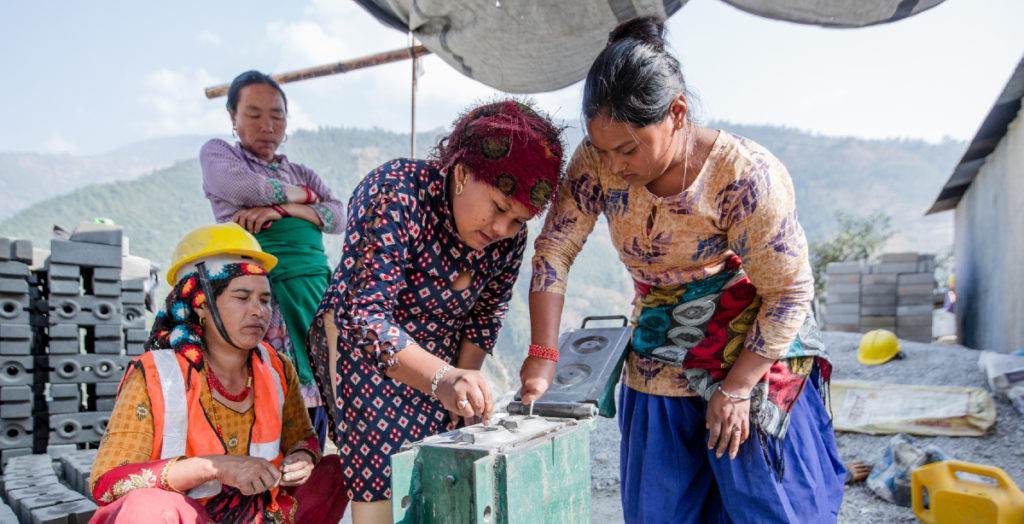
We are committed to advancing gender equality and women’s empowerment
Our Commitment
At a minimum we will ensure that all our work is gender sensitive, seeking gender transformative approaches as our overall ambition and in accordance with context.
Gender sensitive interventions and activities aim to meet the day-to-day practical needs of women and men.
Gender transformative interventions address strategic gender interests. The aim is to achieve greater gender equality by challenging inequalities. Often strategic interests relate to decision-making power or control over resources, such as access to markets, equal wages, political representation, legal entitlement to land, or distribution of household tasks. In this way, gender transformative approaches promote women’s empowerment.
At Practical Action we work with women and men. We work with women to understand how the current system can be changed to better meet their needs, reflect their views and support their lives and wellbeing. We engage and work constructively with men to challenge assumptions, prejudices and behaviours.
Gender is a shared responsibility at Practical Action, and our approach is underpinned by our Gender Policy [PDF]. Our board has 44% women representation. The organisational Senior Leadership Team is made up of 70% women, and led by a woman CEO. We have Gender Focal Points in all offices and an active Global Gender Group that shares learning and experiences across the organisation.
> Read more about our approach to addressing inequality and social exclusion in rural communities.
Partner with us
We’re a global change-making organisation that was inspired over 50 years ago by radical economist E.F. Schumacher – who challenged the conventional aid thinking of the day.
Although we start with local communities, we think ‘big’ – analysing the factors that can change the underlying systems and identifying where we are best placed to effect change. And who we can convene and collaborate with more widely – governments, international organisations, and increasingly the private sector – to help take proven approaches to the next level of scale and sustainability.
Partner with us